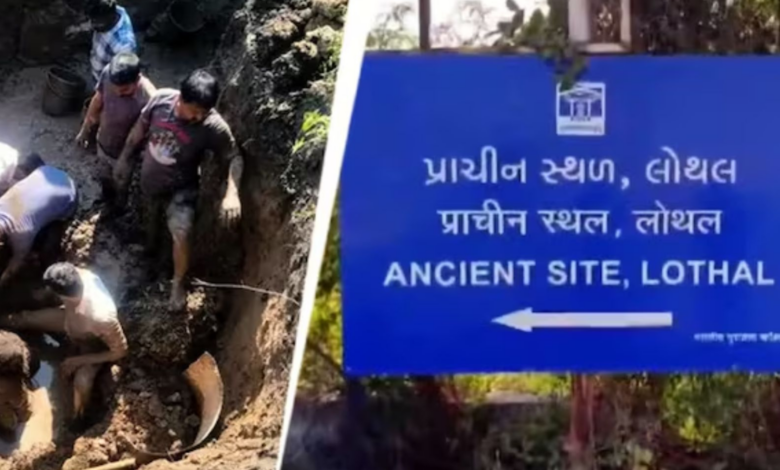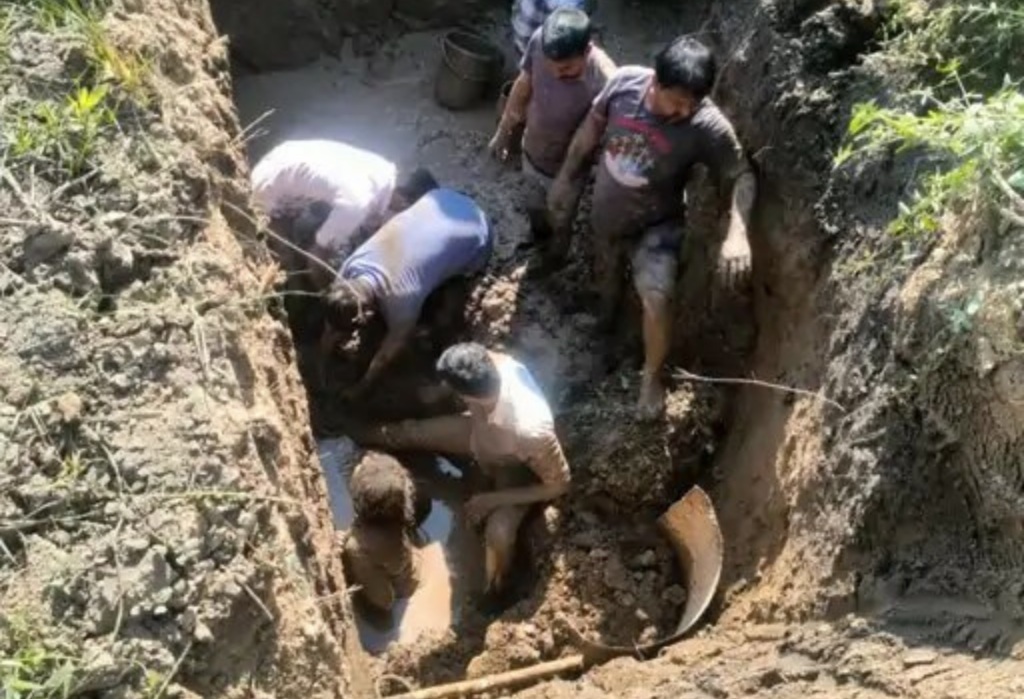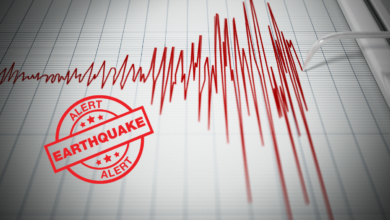
A tragic incident at Gujarat’s Lothal archaeological site claimed the life of a 24-year-old IIT Delhi student, Surabhi Verma, and left her professor, Yama Dixit, injured. The research team was studying soil samples when an unexpected collapse occurred, raising concerns over safety protocols for fieldwork.

A research expedition at the Lothal archaeological site in Gujarat turned tragic on Wednesday when a sudden soil collapse claimed the life of an IIT Delhi student and left her professor critically injured. The incident occurred as a team of researchers from IIT Delhi and IIT Gandhinagar conducted fieldwork to collect soil samples from a 10-feet-deep excavation pit at this historically significant site.
What Happened at Lothal?
The team, comprising four members—two from IIT Delhi and two from IIT Gandhinagar—visited Lothal, an ancient Harappan port town located about 80 kilometers from Ahmedabad. Their objective was to gather soil samples to study the geological and archaeological history of the region.
Tragedy struck when Surabhi Verma, a 24-year-old postgraduate student from IIT Delhi, and her professor, Dr. Yama Dixit, descended into a deep pit for sample collection. Without warning, the soil around the pit collapsed, burying both researchers under the debris. Verma died instantly, while Professor Dixit, 45, sustained serious injuries.
The other team members immediately alerted the authorities, initiating rescue operations. Despite swift action by local police, fire brigade, and emergency medical teams, Verma’s life could not be saved. Professor Dixit was extricated from the collapsed pit and transported to a nearby hospital, where his condition stabilized after treatment.
Lothal: A Treasure of the Indus Valley Civilization
Lothal is one of the most prominent archaeological sites associated with the ancient Indus Valley Civilization. Known for its sophisticated urban planning and maritime trade links, Lothal provides crucial insights into the Harappan way of life. Its dockyard, intricate drainage systems, and bead-making workshops reflect the technological advancements of that era.
The site continues to draw researchers, archaeologists, and historians from around the world. The ongoing studies aim to unravel the mysteries of ancient civilizations, making the loss of life in such an environment deeply poignant.
Safety Concerns Raised by the Incident
The soil collapse at Lothal has cast a shadow over archaeological research, highlighting the dangers faced by those working in such environments. Local authorities are investigating the cause of the incident and whether adequate safety measures were in place.
While excavation work inherently involves risks, experts are now calling for stricter safety protocols and training for researchers engaged in fieldwork. This tragic event serves as a sobering reminder of the hazards posed by unstable excavation sites and the need to prioritize safety alongside scientific exploration.
Immediate Response by Authorities
Ahmedabad Rural Superintendent of Police, Omprakash Jat, stated that the rescue operation was launched swiftly upon receiving the distress call. Emergency services, including an ambulance and fire brigade, were deployed to the site. Despite their best efforts, Surabhi Verma was declared dead at the scene.
Dr. Dixit was rushed to a local hospital, where medical professionals worked to stabilize his condition. Authorities are continuing their investigation to determine the precise cause of the soil collapse and assess liability, if any.
Reflection and Way Forward
The tragic incident at Lothal is a stark reminder of the balance between scientific inquiry and safety. While archaeological sites like Lothal hold immense value for understanding human history, ensuring the safety of researchers must remain paramount.
The academic community mourns the loss of a bright young student while also rallying to ensure such incidents do not recur. Improved safety training, site evaluations, and equipment provisions are necessary steps to prevent future tragedies.
This devastating event underscores the risks involved in advancing human knowledge and the resilience of those dedicated to uncovering the secrets of our shared past.




